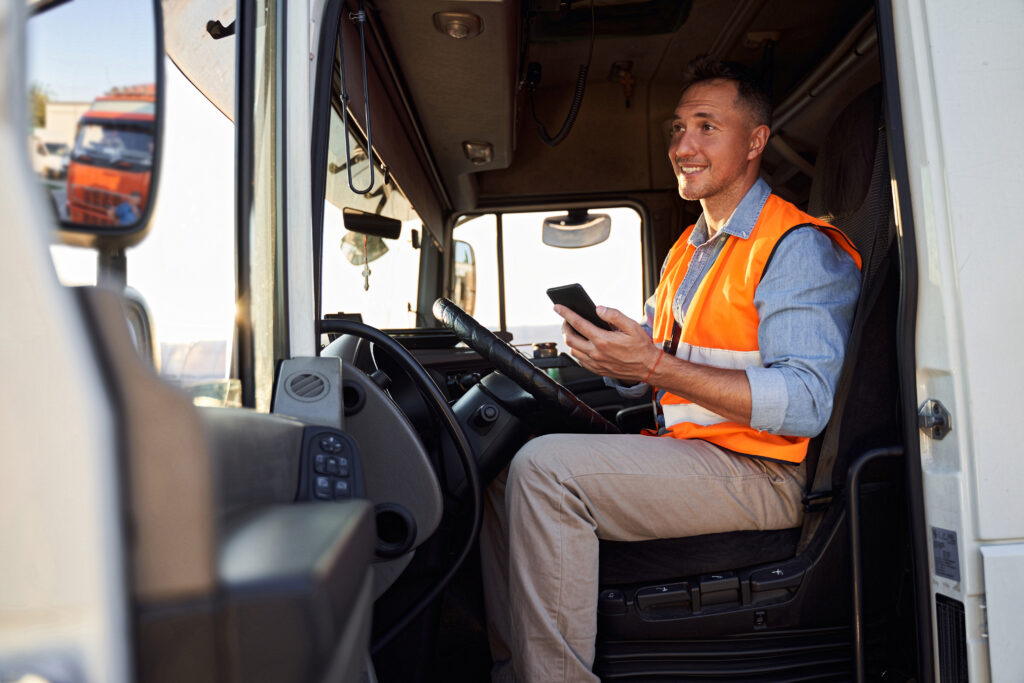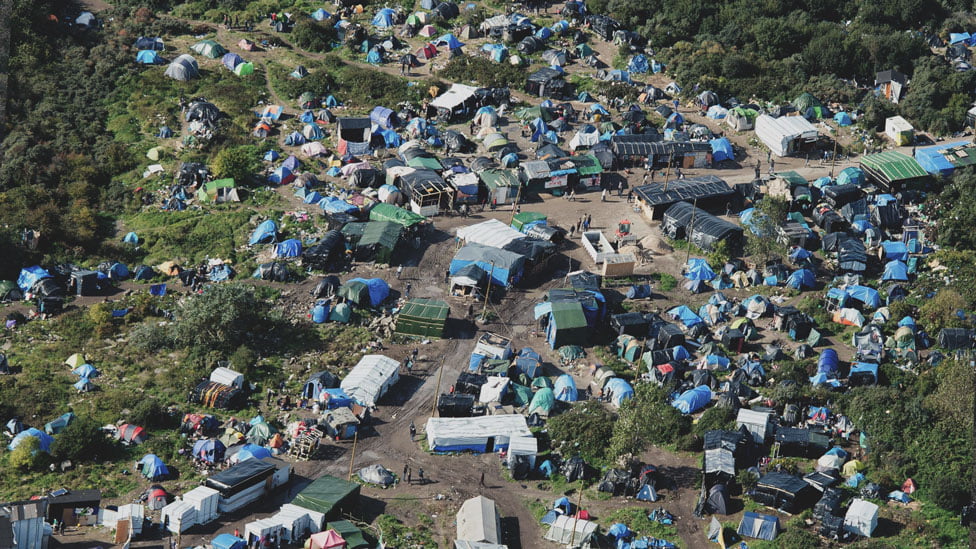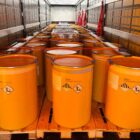Lorry drivers told ‘Don’t stop within 100 miles of Calais’
Lorry drivers have been warned to drive more than 100 miles non-stop to Calais in a bid to avoid illegal immigrants stowing away in their vehicles. Peter Cullum, of the Road Haulage Association (RHA), said many firms now instruct drivers not to pull over – however briefly – within 125 miles (200 kilometres) of the French port.
Stationary vehicles are far more likely to be targeted by illegal immigrants gathering in Calais and surrounding areas who are desperate to reach Britain. The Commons’ home affairs select committee heard the advice was being handed out by haulage contractors, who are liable for fines of £2,000 for each illegal immigrant discovered in their vehicles.
Mr Cullum, the RHA’s head of international affairs, told the MPs: “Put it this way we have members who will not let their drivers stop within 200 kilometres of Calais. “We have other members who won’t let them stop within a 100 kilometres of Calais, we have others who do not refuel in Calais.”
More than 1,000 immigrants, mainly from African countries such as Eritrea, are camped around Calais attempting to illegally cross to Britain. There has been increasing concern that the migrants are prepared to go to extreme lengths – by risking their own lives or using violence against others – to reach this country.

John Keefe, Eurotunnel’s director of public affairs, said additional fences at the French port were unlikely to make a difference. “Fences are useless because fencing simply displaces the problem,” he said. “They are waiting for trucks to slow down near them. We think trucks should be kept going.” He added: “We agree that many of our haulier customers are telling their drivers not to stop within 200 kilometres. “
Tim Reardon, from the UK Chamber of Shipping, said: “It is our experience that a great number of those migrants that we see around Calais and occasionally on our ferries too are not looking to claim asylum either in France or Britain. “They are looking to come here, be here and work here.
“When these individuals are encountered on board the ships they frequently ask to be taken back to Calais and returned to France rather than be brought to the UK and put into the asylum processing system.
“They would rather go back to France, and try and have another go at getting into the UK properly out of sight of officialdom so they can enter the labour market, which they cannot do once enter the asylum system.”
Source Telegraph








